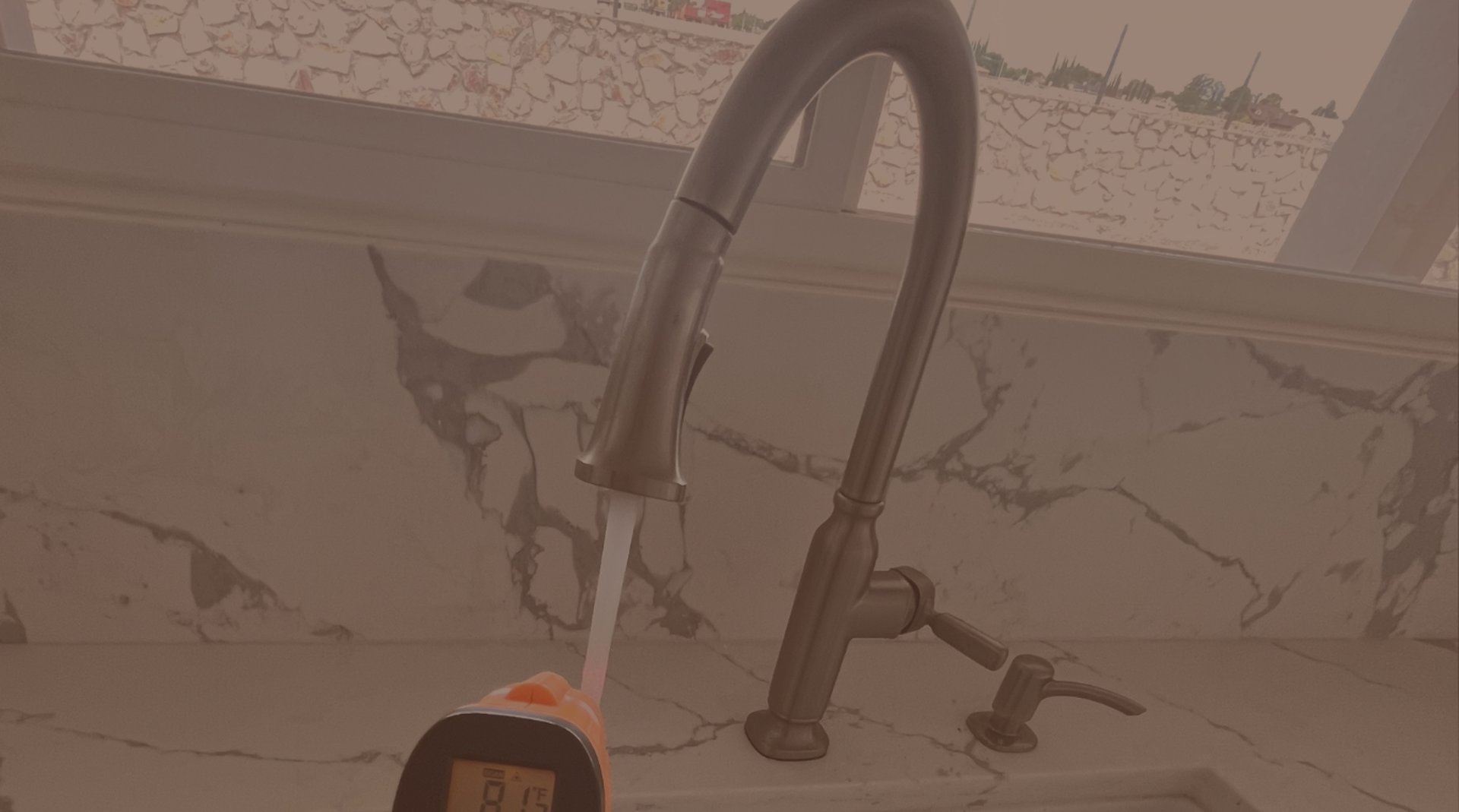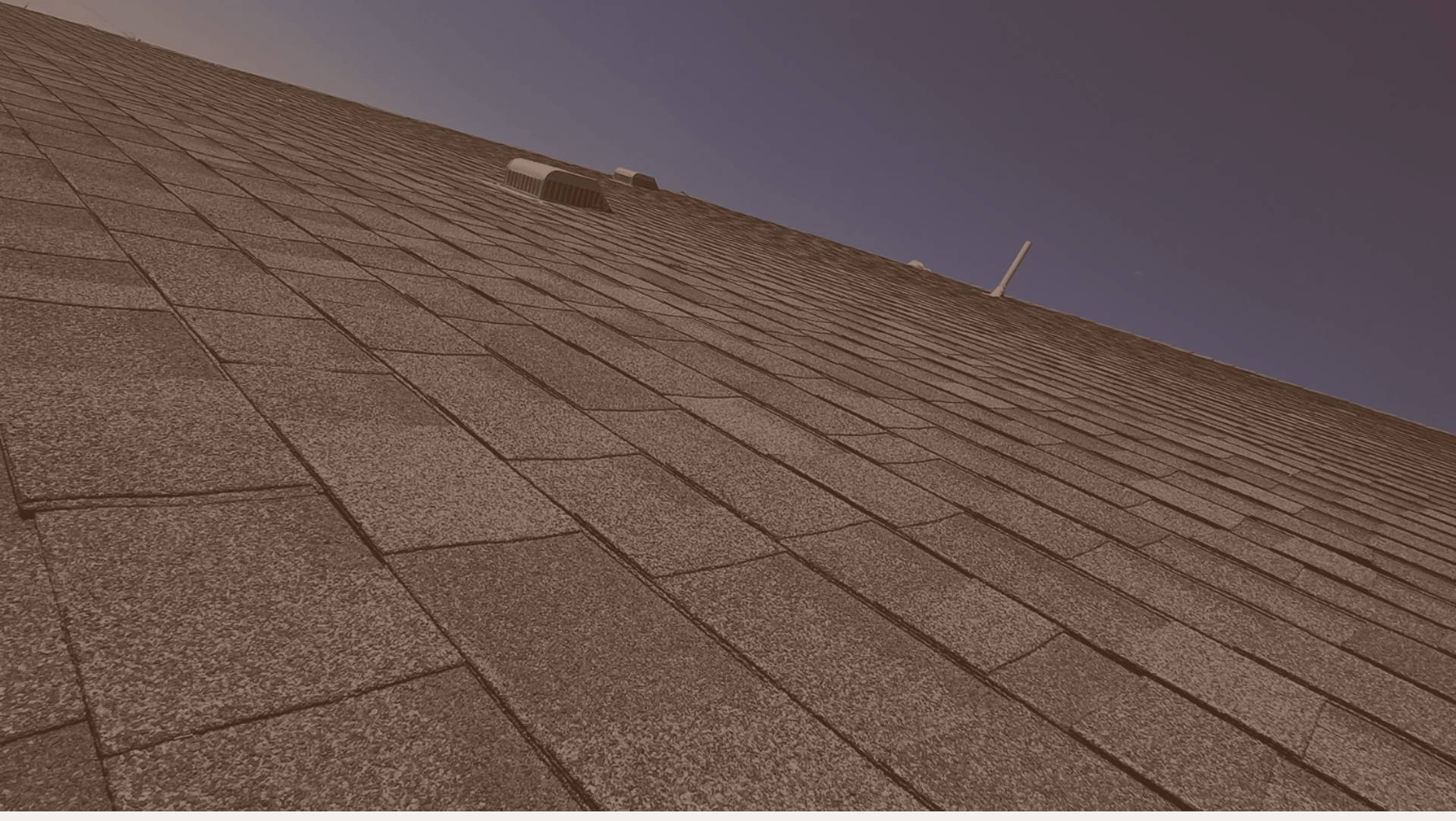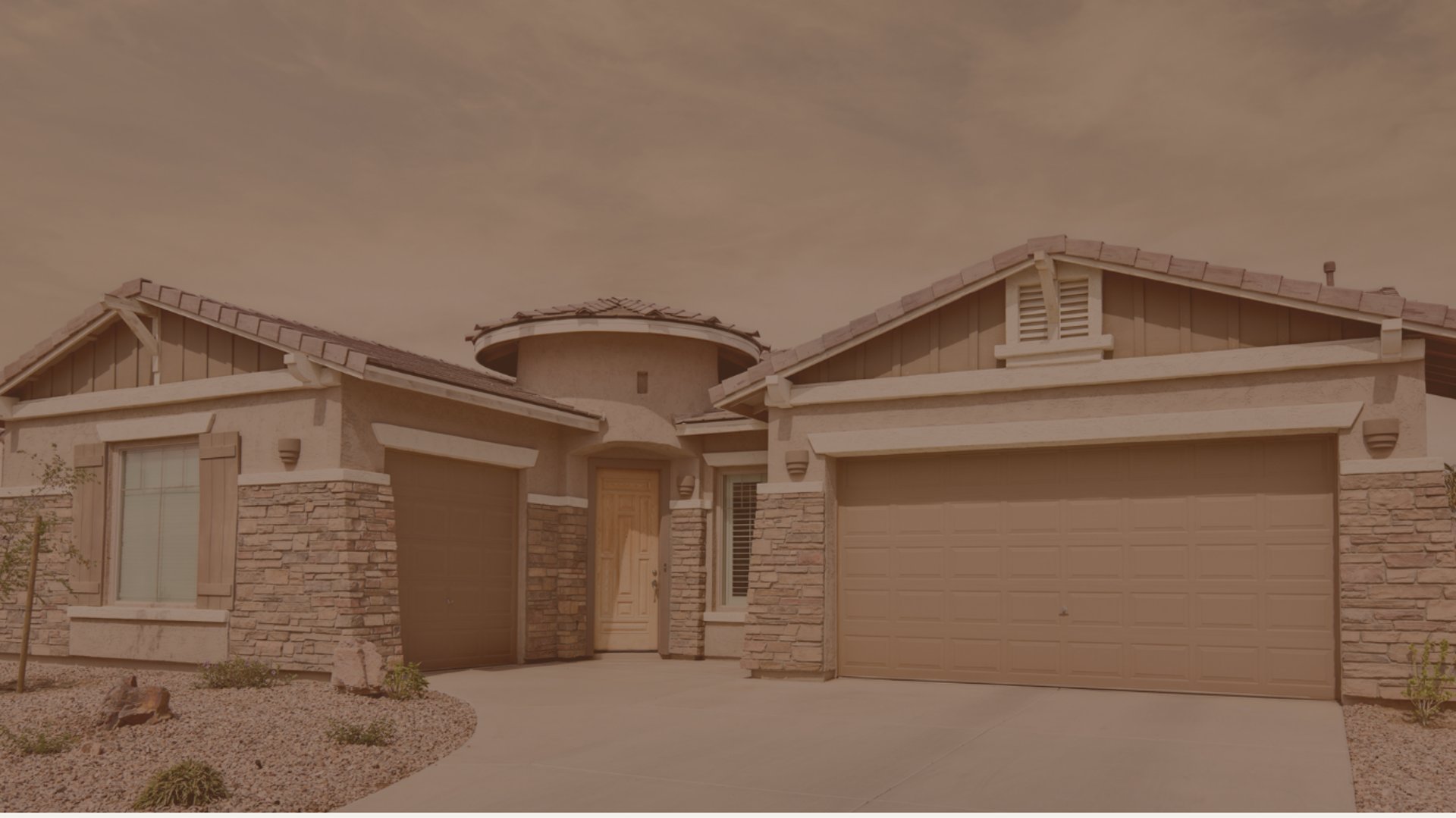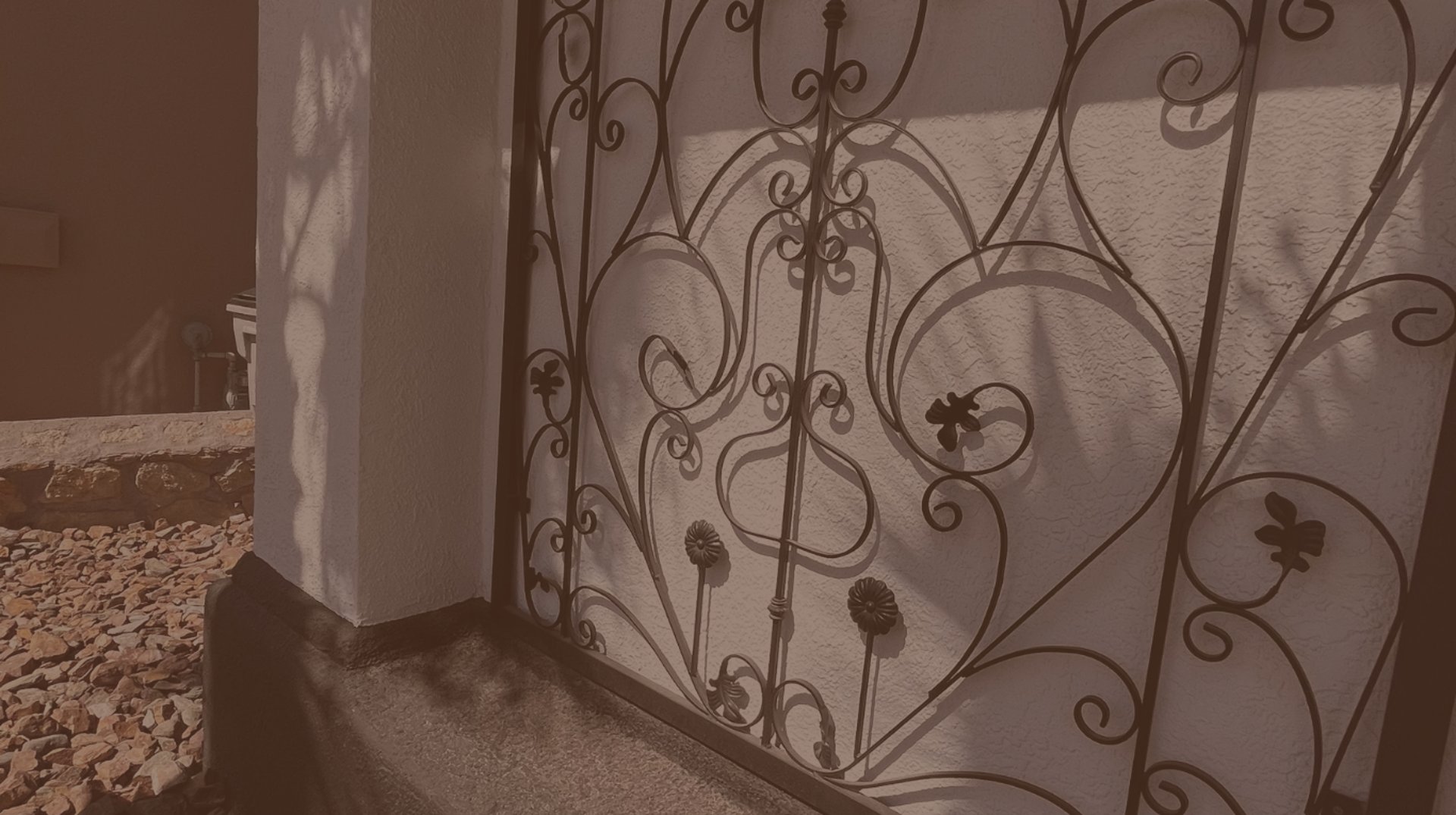
Frequently Asked Questions

What is a home inspection?
A home inspection is a visual evaluation of a property’s condition. The inspector examines the home’s major systems and structures, including the roof, foundation, plumbing, electrical, HVAC, and appliances. The goal is to identify any existing or potential issues, safety concerns, or necessary repairs. After the inspection, the inspector provides a comprehensive report outlining their findings, which can be used to negotiate repairs, adjust the sale price, or decide whether to proceed with the purchase.

Why do I need a Home Inspection?
A home inspection helps protect your investment by identifying potential issues with the property before you commit to buying it. It reveals hidden problems like structural damage, faulty wiring, plumbing issues, or roof defects, allowing you to negotiate repairs, adjust the purchase price, or reconsider the deal altogether. It provides peace of mind by ensuring the home is safe and in good condition, helping you make an informed decision.

What if the report reveals problems?
No house is flawless, it’s important to remember that. If issues are found, it doesn’t necessarily mean you shouldn’t buy the home. However, if significant problems are uncovered, you may want to negotiate with the seller to have the issues resolved or adjust the contract price to account for the inspector’s findings.

Can a house fail an inspection?
No, a house doesn’t pass or fail an inspection, it isn’t graded at all. A home inspection is different from a code inspection. While the inspector will be knowledgeable about local building codes, their main role is to assess the home’s physical condition and highlight any areas that may need repair or replacement. The inspection report is intended to give you, the buyer, the information needed to make an informed decision, not to provide a pass/fail judgment. If the inspector identifies issues, it doesn’t mean you shouldn’t buy the house; it simply helps you understand what to expect. If major problems are found, the seller may agree to adjust the price or make repairs. This information is especially valuable if you have a tight budget or prefer to avoid future repair work.

My house is new construction, why should I have it inspected?
Inspecting a new property is crucial for identifying any shortcuts the contractor or builder may have taken. A trained home inspector can recognize subtle signs of issues that an untrained eye might overlook. An inspection is especially valuable before the drywall is installed, as it allows you to catch and address problems while they’re easier to see and fix.

Do I have to be there?
You are not required to attend the inspection, but you are welcome to do so if you’d like. We typically recommend arriving about two hours after the inspection begins. This gives the inspector enough uninterrupted time to complete the initial assessment and have findings ready to discuss with you when you arrive.